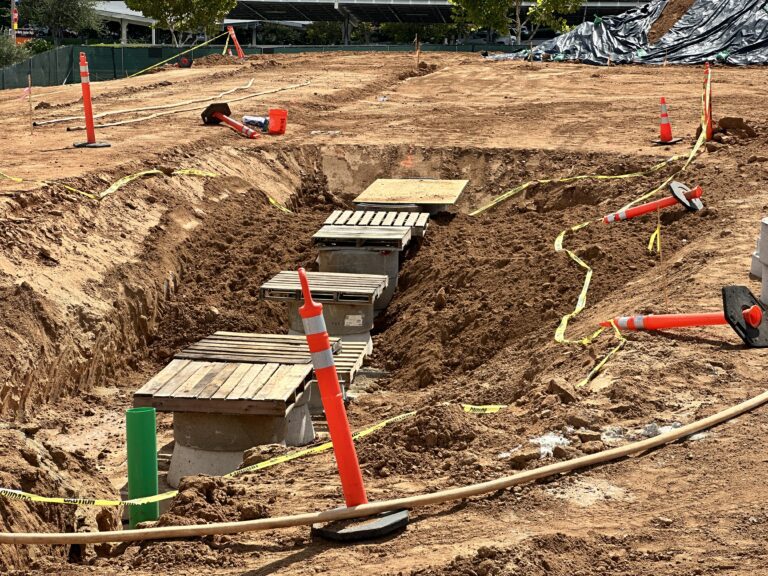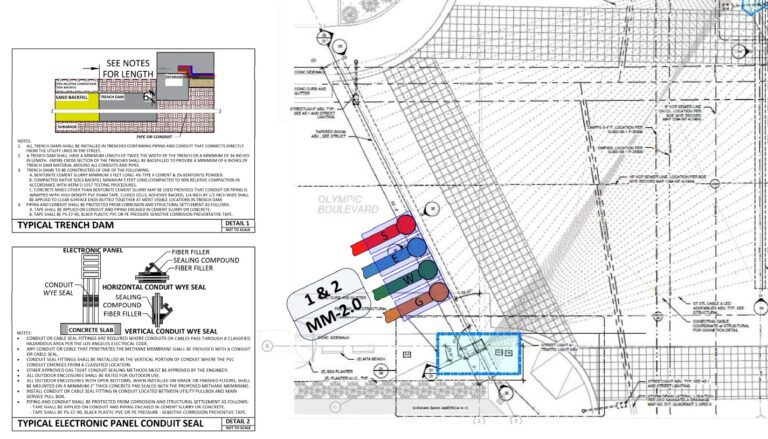What is a Percolation Test?
A percolation test, also known as a “perc test,” is a way to check how fast water can pass through the soil. It is done before installing a septic system and is often done when buying property. When planning to develop empty land, it’s important to find out if a septic system is needed and if it’s even possible. Knowing how well the soil drains is crucial because it tells the owner or potential buyer if a septic system can be used to manage wastewater on the property. Updated May 18, 2023.

Why is a Perc Test Necessary for Septic Systems?
In rural areas, many homes don’t have access to city water and sewer systems. Instead, they rely on a well for drinking water and a septic tank for handling sewage. A septic system consists of two main parts: the tank and the drain field (also called a leach field). The septic tank collects all the wastewater from the house, including water from sinks, toilets, and garbage disposals. Solids and sludge are held in the tank, while the water moves to the drain field. The drain field’s job is to absorb the water underground, into the soil, where it is treated naturally by microorganisms and can safely reenter the groundwater supply. Before installing a septic system with a drain field, it’s crucial to determine how well the soil drains. That’s why a perc test is necessary before installing the septic system.
How Geologists Perform a Percolation Test
During a perc test, a few holes are dug or drilled into the ground. These holes are then filled with water to saturate the soil. By measuring how long it takes for the water to drain from the holes, we can figure out the percolation rate of the soil. The type of soil on the property plays a big role in determining how quickly the water drains. Sandy or gravelly soil allows water to pass through faster than soil with a lot of clay. In larger rural properties, the soil type may vary across different areas. So, it might be necessary to test multiple locations to find the best spot for a septic system in the future.
Perc Test Performance
Building septic systems correctly is extremely important to ensure the safety of people and the environment. If septic systems are poorly designed or not maintained properly, they can contaminate groundwater and drinking water. That’s why the planning, design, and installation of these systems are regulated by the local Health Department. To meet the requirements of building departments, health departments, or other local authorities, the perc test needs to be carried out by a qualified professional like a geologist or engineer. Sometimes, a percolation test is included as part of a thorough Environmental Site Assessment, which property owners or potential buyers may request to gather more information about a specific location.
Authors:
Written By: Michael Joseph Sabo
Edited By: Adam Azad Kaligi, PG






